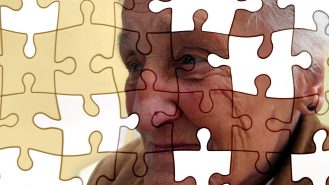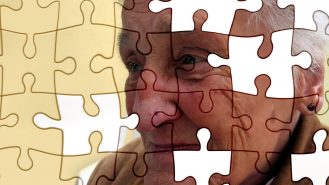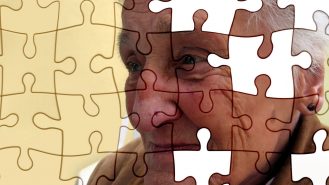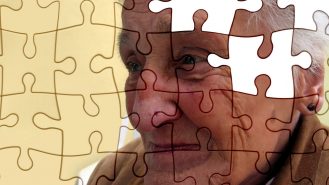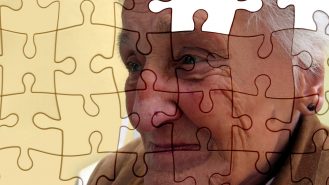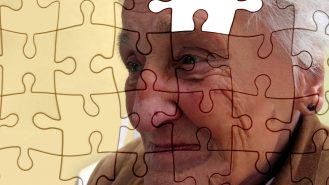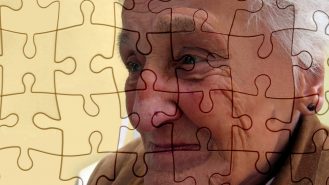Course organiser:Neil Fleming
Presenter:Frieda Looser
The Emerald Isle is a beautiful land that is astonishingly green with very diverse scenery and a population with distinctive cultural traits. Ireland is an ancient land with thousands of years of history and prehistoric landmarks created by some of the earliest inhabitants post the last Ice Age. The Irish contribution to European culture includes stunning Bronze Age gold artefacts, Celtic Christian learning, illuminated manuscripts, and missionaries to the continent. The history of Medieval Ireland was intertwined with that of Britain and Western Europe through Viking and Anglo-Norman occupation and settlement, and since Tudor times there has been a tangle of political and cultural tension, economic exploitation, rebellion, resurgence, and a global diaspora. Ireland is full of surprises and shocking revelations, laughter, humour, bitterness, and ongoing challenges. This series of five lectures will provide an overview of Irish history and aims to inspire further reading, reflection and personal discovery.
21 Sep:
'Earliest inhabitants and the Gaels in Ireland.'
28 Sep:
'Christianity, Norse Vikings, and Anglo-Normans.'
5 Oct:
'Medieval Ireland, Reformation and Reaction.'
12 Oct:
'The Boyne, Protestant Ascendancy, and Union.'
19 Oct:
'Repression, Famine, Republic and Resolutions.'
